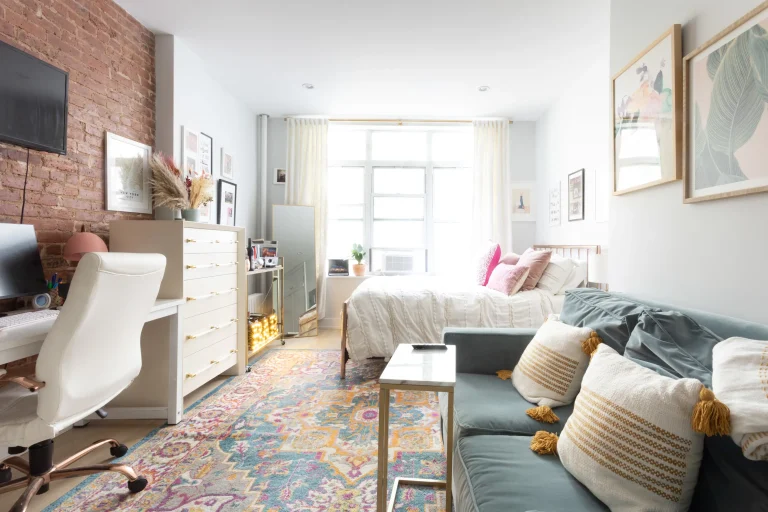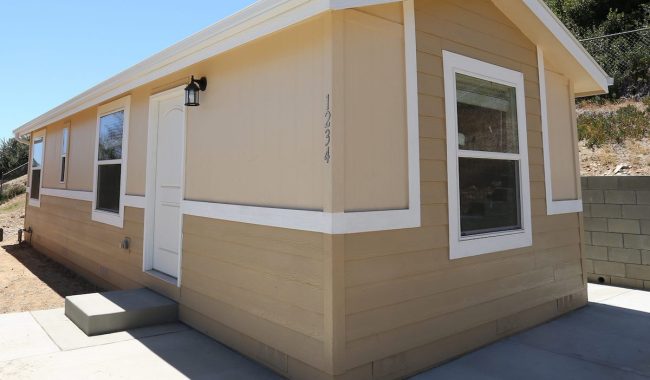Choosing the right apartment is a decision that significantly impacts your daily life. Whether you’re moving to a new city or simply looking for a change of scenery, reading apartment reviews can provide invaluable insights into what living in a particular complex or building is really like. Here’s a comprehensive guide on how to navigate apartment reviews effectively and make informed decisions.
Why Read Apartment Reviews?
Apartment reviews offer a firsthand account of residents’ experiences, highlighting both positives and negatives. They can provide crucial information about:
- Management and Maintenance: Reviews often mention the responsiveness of management to issues such as repairs, noise complaints, or lease concerns.
- Neighborhood and Community: Residents might discuss safety, amenities, local attractions, and the overall vibe of the neighborhood.
- Quality of Living Spaces: Details about the condition of apartments, cleanliness, noise levels, and the efficiency of utilities are commonly mentioned.
- Cost and Value: Reviews can shed light on whether the rent justifies the amenities and services provided.
Where to Find Apartment Reviews
- Online Platforms: Websites like Yelp, Google Reviews, and specialized apartment review sites (e.g., ApartmentRatings.com) compile reviews from current and past residents.
- Social Media: Facebook groups, Reddit threads, and neighborhood-specific forums often feature discussions about local apartment complexes.
- Property Management Websites: Some apartment complexes include resident testimonials and ratings directly on their websites.
How to Interpret Reviews
- Look for Consistency: While individual experiences may vary, patterns in reviews can indicate common issues or strengths. Pay attention to trends across multiple reviews.
- Consider the Source: Reviews from verified residents often carry more weight than anonymous ones. Check the credibility of the reviewer and consider whether their priorities align with yours.
- Read Between the Lines: Sometimes, a negative review might be an isolated incident or reflect personal preferences rather than universal problems.
- Balance Pros and Cons: A mix of positive and negative reviews provides a more balanced view of what to expect.
Questions to Ask When Reading Reviews
- How is the management? Are they responsive and attentive to residents’ needs?
- What are the noise levels like? Is the apartment complex quiet, or are noise complaints common?
- Are the facilities well-maintained? Do amenities like gym, pool, or communal areas meet expectations?
- Is the neighborhood safe? Are there any concerns about security or crime?
Using Reviews in Your Apartment Search
- Compare Multiple Options: Use reviews to create a shortlist of apartments that align with your priorities and preferences.
- Visit in Person: After reading reviews, schedule a visit to see the apartment complex firsthand. This allows you to verify the information you’ve gathered and get a feel for the atmosphere.
- Ask Questions: During your visit or when communicating with management, address any concerns raised in reviews directly.
- Trust Your Instincts: While reviews are helpful, trust your own impressions and intuition about whether an apartment feels like the right fit for you.
Leaving Your Own Review
Once you’ve settled into your new apartment, consider leaving a review yourself. Your feedback can assist future renters in making informed decisions, just as others’ reviews helped you.
In conclusion, reading apartment reviews is a vital step in finding a home that suits your needs and lifestyle. By carefully analyzing reviews, asking the right questions, and trusting your instincts, you can navigate the apartment hunting process with confidence. Happy apartment hunting!


